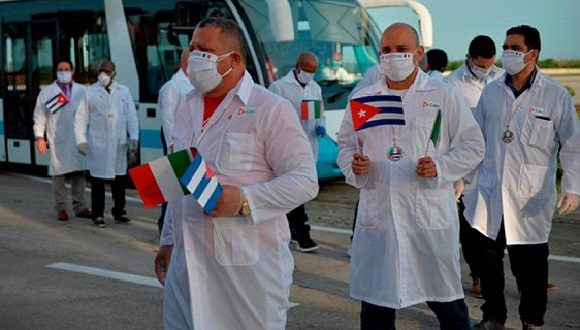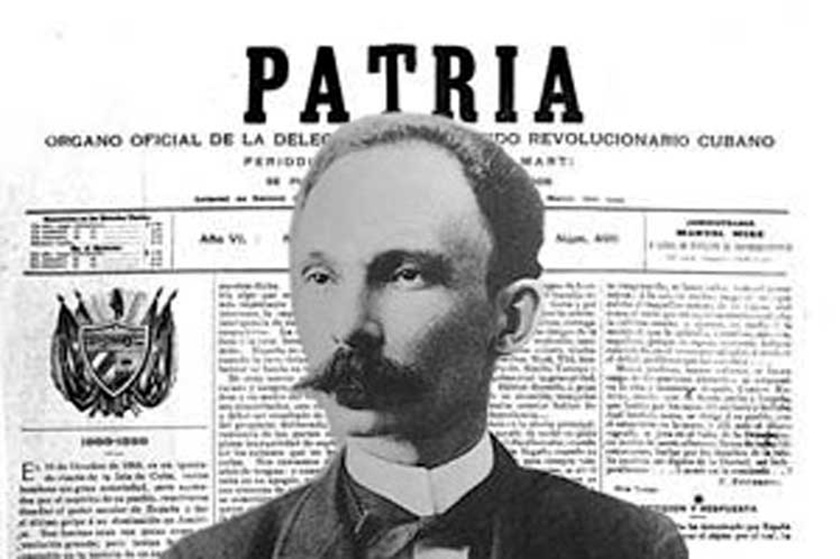Cuba
264 readers
2 users here now
Cuba is a socialist country trying to achieve communism.
founded 4 years ago
MODERATORS
51
52
53
1
54
55
56
57
58
59
60
61
62
63
64
1
Mar. 11–12: International U.S.-Cuba Normalization Conference, in-person & virtual
(www.us-cubanormalization.org)


